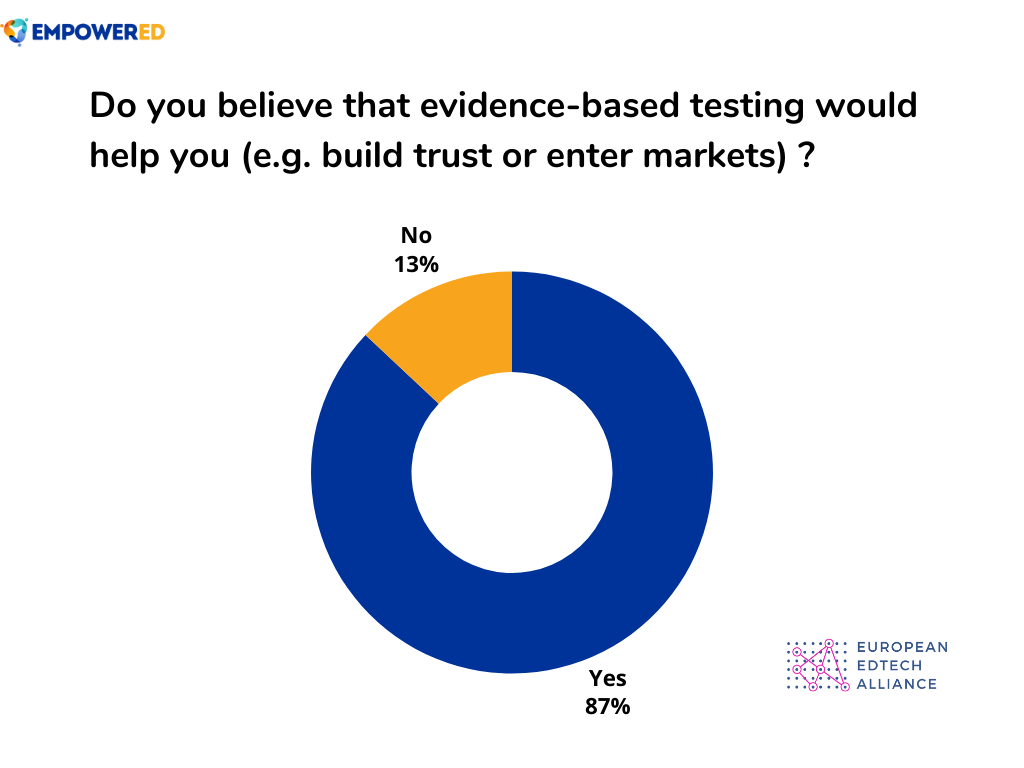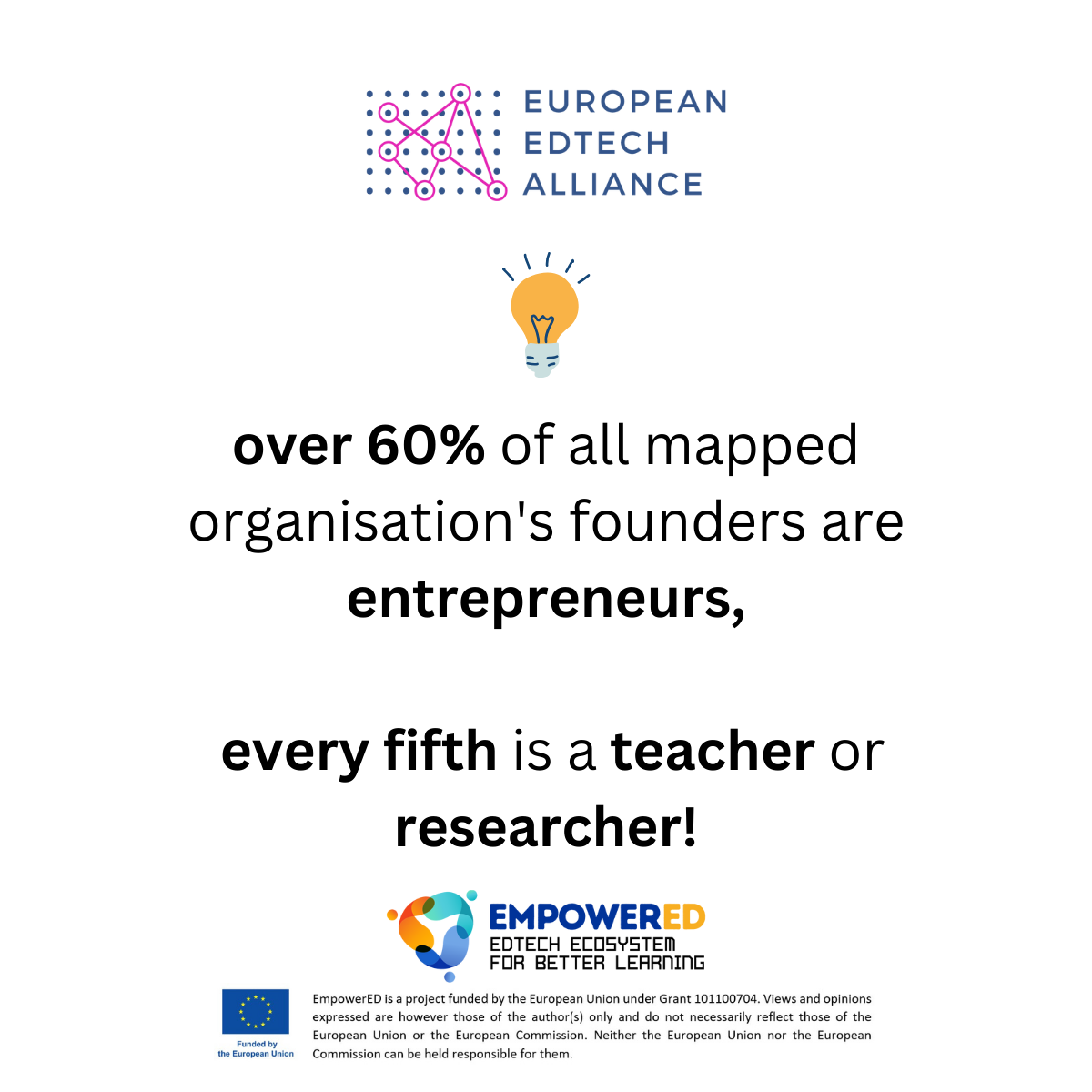Mapping the EdTech Ecosystem
)
The European Edtech Alliance (EEA) has once again put the EdTech ecosystem under the magnifying glass with its yearly European EdTech Map. Aside from this year’s focus topics of AI, evaluation, and testing in EdTech, the over 1480 respondents identified funding, the fragmentation of the market and lack of access to customers and testing environments as the biggest hurdles.

Although half of the responding organizations indicate that they already collaborate with research institutions, it is evident from the survey responses that the majority of participants believe that evidence-based testing will significantly benefit them. This includes building trust among stakeholders and gaining access to new markets. The scarcity of testing environments is a notable issue since the successful adoption of EdTech tools largely relies on their perceived effectiveness, level of security, and alignment with educational objectives.
Gender disparity, both in terms of founding teams and funding opportunities, remains significant. Out of all the EdTech organizations surveyed, 39% were established by men, 41% consisted of mixed-gender teams, and only 11% were solely founded by women. Additionally, 5% chose not to disclose their gender, and 1% identified as a different gender category. These disparities persist even after the companies are established: Currently, 65% of these EdTech companies are led by male CEOs, while only 23% have female CEOs (11% preferred not to disclose this information, and 1% identified as a different gender.) Disturbingly, the number of companies led by women has decreased compared to the 2023 European EdTech Map results.

Gender also appears to play a significant role in funding opportunities, as 40% of women founders express difficulties in securing funding, compared to only 20% of both male and mixed-gender founding teams encountering similar challenges. In contrast, both male and mixed-gender teams largely perceive funding as only moderately difficult.
The majority of EdTech organisations within Europe (just over 60%) can be classified as ‘Micro’ Enterprises, with 10 or less employees. This makes the EdTech ecosystem unique in its predominance of small companies and means there are other needs which this ecosystem must address to accommodate this. It is inspiring to also see that every fifth EdTech founder is a teacher or researcher, meaning that there is a wealth of understanding and a background in evidence going into the EdTech innovations we are seeing.

Join a celebration of women in EdTech at BETT hosted by BESA and the EEA on the 25th of January at 5pm at the Global Futures Stage, and if you are a female founder in Europe, make sure to apply to the 5th Cohort of the Female Edtech Fellowship – applications close 21st January.
The European EdTech Map is funded as part of EmpowerED, a project funded by the European Union under Grant 101100704, coordinated by European Schoolnet (EUN). Views and opinions expressed are however those of the author(s) only and do not necessarily reflect those of the European Union or the European Commission. Neither the European Union nor the European Commission can be held responsible for them.
 Beth Havinga
Beth Havinga
Managing Director
European EdTech Alliance
Tags
- 1
- 11
- alliance
- both
- companies
- ecosystem
- edtech
- eea
- european
- female
- Funding
- gender
- identified
- male
- map
- mapping
- mixedgender
- Teams
- testing
- union
- women


)
)
)
)
)
)
)
)
)
)
)
)
)
)
)
)
)
)
)
)
)
)
)
)
)
)
)
)
)
)
)
)
)
)
)
)
)
)
)
)
)
)
)
)
)
)
)
)
)
)
)
)
)
)
)
)
)
)
)
)
)
)
)
)
)
)
)
)
)